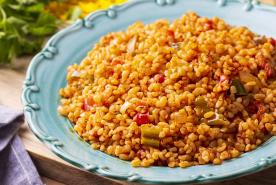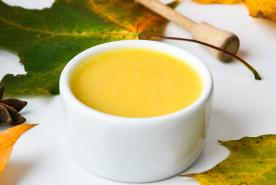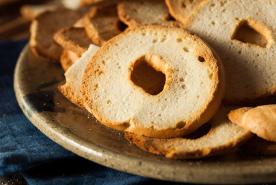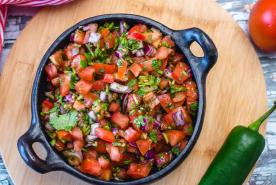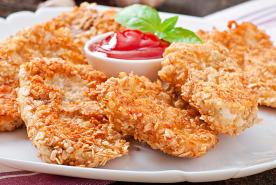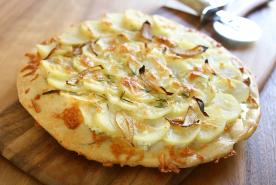Last updated: March 03, 2024
Medically reviewed by: NKF Patient Education Team
Citrus fruits are superfoods high in vitamin C and pectin. Monitor potassium intake with CKD, consult your dietitian for safe citrus consumption.

Citrus fruit like lemons, oranges, and grapefruits are considered berries that have evolved over millions of years! They have a fragrant smell, which comes from their rind or outer layer and can be eaten and used in many ways.
Why are citrus fruits superfoods?
- Citrus is a superfood high in vitamin C that assists in the body’s protective and healing processes.
- Citrus fruits are high in pectin, a fiber that helps reduce cholesterol and controls diarrhea.
- Citrus juices and zest (grated rind) can add flavor, replace sodium, and help make meats tender when used in a marinade.
Citrus fruits and kidney disease
The amount of potassium in citrus fruits can vary. The number and types of citrus fruits (see table) you can eat depends on your blood potassium levels, medications, and dialysis treatment. Work with your kidney dietitian to create a meal plan to allow safe amounts of citrus foods. Use the table for citrus fruit ideas. There is a general caution with grapefruit and grapefruit juice with certain medicines, especially those for blood pressure. Consult your pharmacist or healthcare provider.
Chronic Kidney Disease (CKD)/Transplant
Most people with CKD or kidney transplants do not have to limit citrus due to potassium. If your laboratory results show higher levels of potassium, a kidney dietitian may talk with you about how much to eat. After transplant, you need to avoid grapefruit and grapefruit juice.
Citrus Fruit Facts
| Amount | Calories | Potassium, mg | Potassium Level |
|---|---|---|---|
| Clementine (1) | 35 | 131 | Moderate |
| Orange (1) | 62 | 237 | High |
| Nectarine (raw) | 63 | 285 | High |
| Grapefruit (1/2 pink & red) | 52 | 166 | Moderate |
| Lemon Juice (fresh) (1 oz) | 7 | 31 | Low |
| Lime Juice (fresh) (1 oz) | 7 | 36 | Low |
| Tangerines (1 small) | 40 | 126 | Moderate |
| Mandarin oranges (fruit cup/can) (1/2 cup, light syrup) | 80 | 140 | Moderate |
Source: USDA Food Data Central
Recipe
Blueberry Mandarin Broccoli Salad: 6 servings (1.5 cup/serving)
Ingredients for salad:
- 4 cups of broccoli chopped into bite size pieces
- ½ cup of fresh blueberries
- ¼ cup of dried cranberries
- ¼ cup of sliced almonds
- ¼ cup of chopped red onion
- 1 cup of mandarin oranges, fresh or canned
Ingredients for Blueberry Balsamic Vinaigrette:
- 1 cup of fresh blueberries
- ½ cup of olive oil
- ⅓ cup of balsamic vinegar
- 2 tbsp. of Dijon mustard
- 2 tbsp. of maple syrup
Directions:
1. Combine all salad ingredients, except the mandarins, in a large bowl.
2. Blend all of the dressing ingredients until smooth.
3. Pour desired amount of dressing over salad and toss the salad.
4. Add mandarin oranges to the salad.
Nutrition facts:
- Servings: 6
- Calories: 296 kcal
- Carbohydrates: 27 grams
- Protein: 4 grams
- Fat: 21 grams
- Sodium: 84 milligrams
- Potassium: 353 milligrams
- Fiber: 4 grams
- Sugar: 18 grams
- Calcium: 66 milligrams
https://www.hauteandhealthyliving.com/blueberry-mandarin-broccoli-salad/
This content is provided for informational use only and is not intended as medical advice or as a substitute for the medical advice of a healthcare professional.










